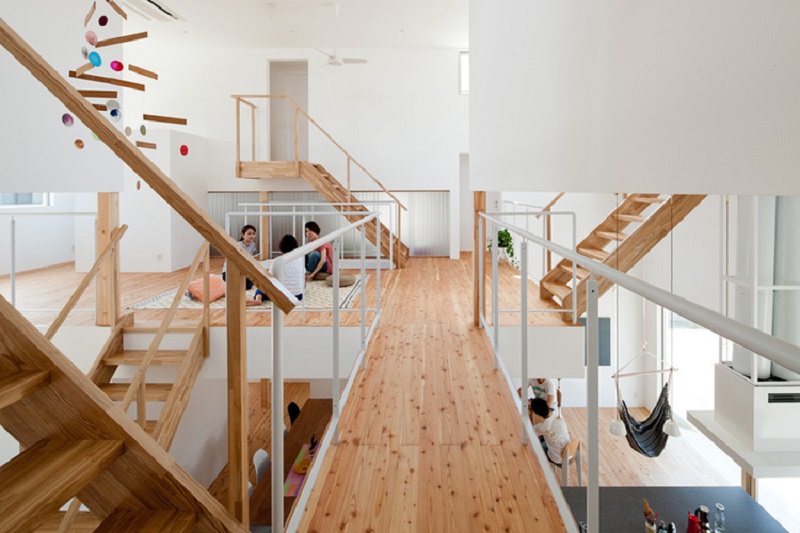As Hong Kong’s population and real estate prices continue to grow, co-living has become a new trend in residential living. Co-living is a type of collective living arrangement that typically includes shared common spaces, facilities, and services. Co-living is often more affordable than traditional renting and can provide tenants with more social and cultural experiences. However, the difficulties of implementing co-living in Hong Kong are becoming increasingly apparent.
Firstly, Hong Kong’s geography and real estate prices limit the development of co-living. Hong Kong is a relatively small city with limited land and space resources. Additionally, real estate prices in Hong Kong are very high, which makes co-living still expensive and difficult to attract a wider range of tenants.
Secondly, Hong Kong’s laws and regulations also restrict the development of co-living. Hong Kong’s housing ordinance requires each rental unit to have independent kitchens and bathrooms, which makes it difficult for co-living to comply with legal requirements. Furthermore, the Hong Kong government’s regulations and supervision of co-living are not yet comprehensive enough, which limits the development of co-living.
On the other hand, Hong Kong’s serviced apartment market also has some limitations. Serviced apartments are usually a luxury residential option that provides comprehensive services and facilities. However, serviced apartments often have higher prices than co-living, which makes them less suitable for young people and middle-class tenants.
Lastly, Hong Kong’s economic, social, and environmental factors also affect the sustainability of co-living. Hong Kong’s economic development and social environment changes have resulted in tenants having higher requirements for living conditions and quality of life. Meanwhile, environmental issues in Hong Kong, such as urban crowding and climate change, need to be considered.
Therefore, finding a balance is the key to the development of the co-living market in Hong Kong. The Hong Kong government can encourage and support the development of co-living by reforming laws and regulations. Additionally, developers and investors can consider launching more competitive and sustainable co-living products. Ultimately, tenants and consumers can also better understand the co-living and serviced apartment markets, and choose according to their needs and budgets.
Co-living is a relatively new concept in the residential living market, but it has been gaining popularity in recent years. Co-living can offer many benefits to tenants, such as more affordable rent, shared amenities, and a sense of community. Additionally, co-living can be a more sustainable living option, as it can reduce the environmental impact of housing and promote social cohesion.
However, co-living also faces challenges in many markets, including Hong Kong. One of the biggest challenges is regulatory barriers, as many cities have laws and regulations that make it difficult to operate co-living spaces. For example, in Hong Kong, the government requires each rental unit to have a separate kitchen and bathroom, which can be difficult to accommodate in a co-living space.
Another challenge is the lack of awareness and education about co-living, both among tenants and developers. Many potential tenants may not be aware of the benefits and opportunities of co-living, while developers may not understand the demand or how to properly design and operate co-living spaces.
In Hong Kong specifically, there are additional challenges related to the high cost of real estate and limited space. This can make it difficult to create affordable co-living spaces that are still profitable for developers. Additionally, Hong Kong’s competitive real estate market can make it difficult for co-living spaces to attract tenants, especially if they are located in less desirable areas.
Despite these challenges, there are also many opportunities for co-living to thrive in Hong Kong. For example, the demand for more affordable and sustainable housing options is increasing, and co-living can provide a solution to this problem. Additionally, as more people become aware of the benefits of co-living, there may be more demand for these types of spaces in Hong Kong.
Overall, co-living is a promising trend in residential living, but it also faces many challenges in implementation. In order for co-living to succeed in Hong Kong and other markets, it will be important to address these challenges and find ways to make co-living more accessible and appealing to tenants.
